On the morning of July 21, Deputy Prime Minister Tran Hong Ha chaired the first meeting of the Steering Committee to review 10 years of implementing Resolution 24-NQ/TW on proactively responding to climate change, strengthening resource management and environmental protection (Steering Committee).
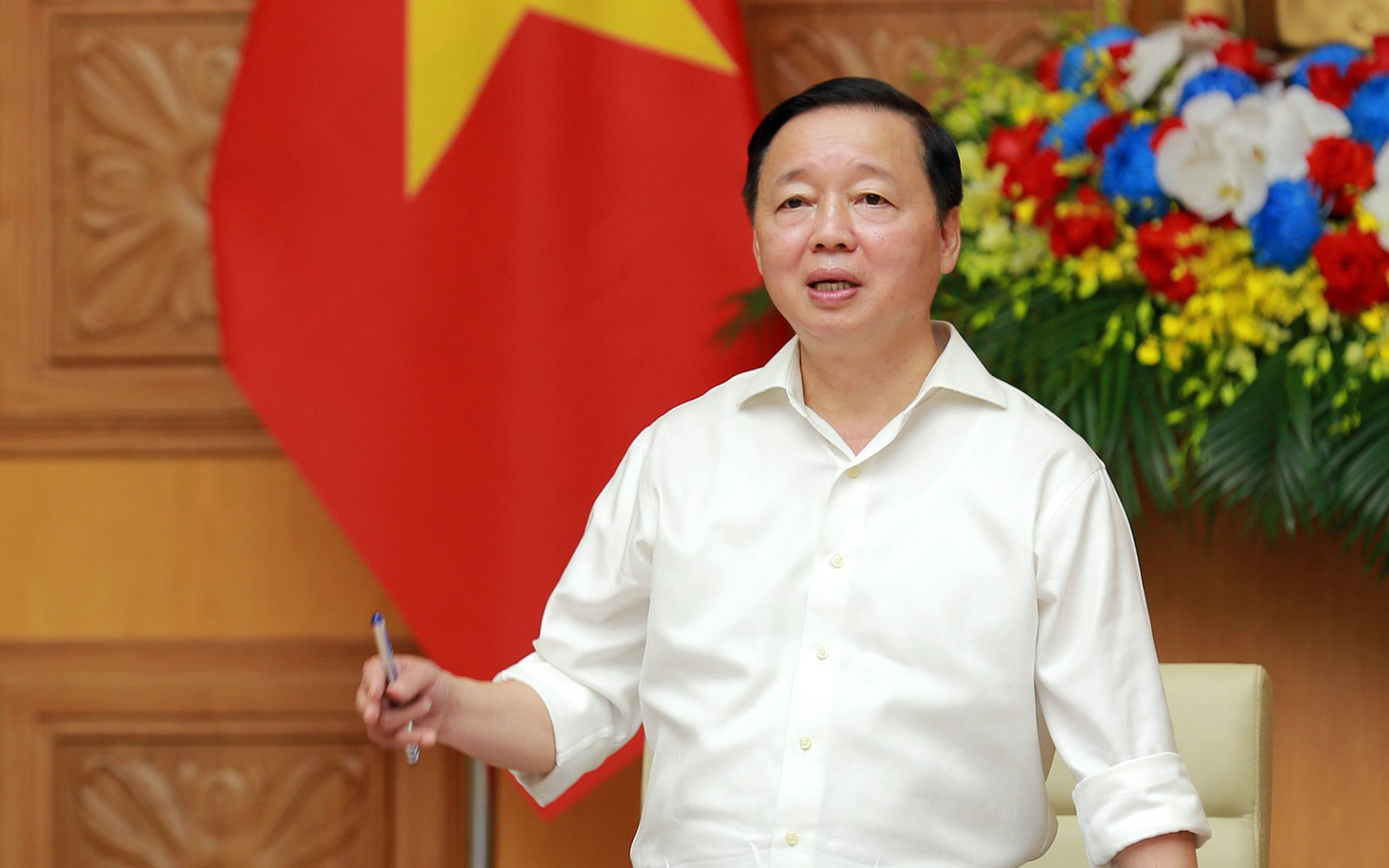
The Deputy Prime Minister emphasized that the work of summarizing Resolution 24-NQ/TW is of great significance, with the scope of regulating one of the three pillars of sustainable development. Therefore, the implementation of the summary of Resolution 24-NQ/TW involves most sectors, fields, localities, representatives of socio-political organizations, and is both inter-sectoral, inter-regional and inter-national;
Resolution 24-NQ/TW is an extremely important political basis, covering all contents related to the environment, sustainable development, and climate change response, with many groups of indicators integrated together. Therefore, the summary process must evaluate the process of "coming into life" of Resolution 24-NQ/TW through the implementation and realization of the set viewpoints, goals, and tasks, along with the results achieved by ministries, branches, and localities.
The members of the Steering Committee need to outline major directions for the development of the summary report and the product after summarizing Resolution 24-NQ/TW. In addition to the results, limitations, and causes, the summary report must assess the current domestic and international situation and context compared to the time of promulgation of Resolution 24-NQ/TW, thereby presenting new thinking and viewpoints of the new era.
Many issues arise in the face of new development trends in the world.
Reporting to the Steering Committee, Deputy Minister of Natural Resources and Environment Vo Tuan Nhan said that in the new development context, a number of issues have emerged that need to be considered, revised and supplemented in the perspective of responding to climate change, resource management and environmental protection. Specifically: Developing a circular economy; aiming for a net zero emission target by 2050; the central role of businesses and people; digital transformation, green transformation; promoting market access and economic instruments; prioritizing the restoration and development of natural ecosystems, etc.
Up to now, 2/2 Party Committees, 17/17 Ministries; 7/7 Ministerial-level agencies and Government agencies; 5/5 socio-political organizations; 59/63 localities have sent summary reports on the Resolution; at the same time, they continue to develop specialized reports as required by the Steering Committee.
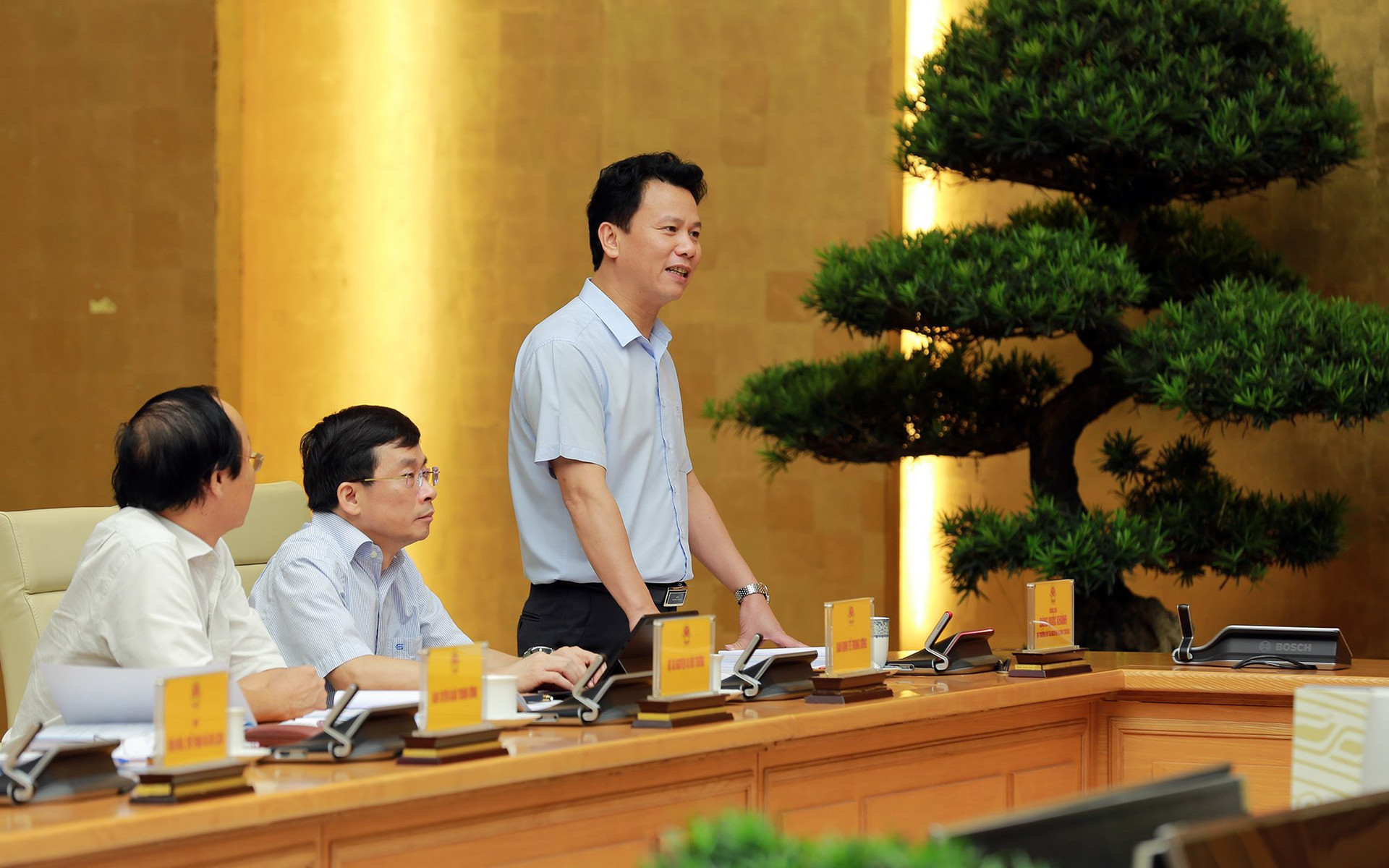
Minister of Natural Resources and Environment Dang Quoc Khanh said that the Ministry has developed a detailed plan to summarize Resolution 24-NQ/TW, such as organizing specialized seminars on proactively responding to climate change, strengthening resource management and environmental protection; working with a number of provincial and municipal Party Committees on the situation of summarizing Resolution 24-NQ/TW and combining with organizing regional seminars in the North, Central and South; collecting opinions from competent agencies, ministries, branches, localities, experts and scientists to absorb, explain, amend, supplement and complete the draft summary report.
At the meeting, members of the Steering Committee highly appreciated the initiative of the Ministry of Natural Resources and Environment in preparing to summarize Resolution 24-NQ/TW in a systematic and thorough manner; discussed the contents that still have value, new viewpoints and goals set in the fields of climate change, environmental protection, resource management, especially, the world is facing new trends and development models.
Deputy Head of the Central Propaganda Department Vu Thanh Mai suggested that the products of the summary process should be released as soon as possible to receive wide and quality comments from ministries, branches and localities before submitting them to competent authorities.
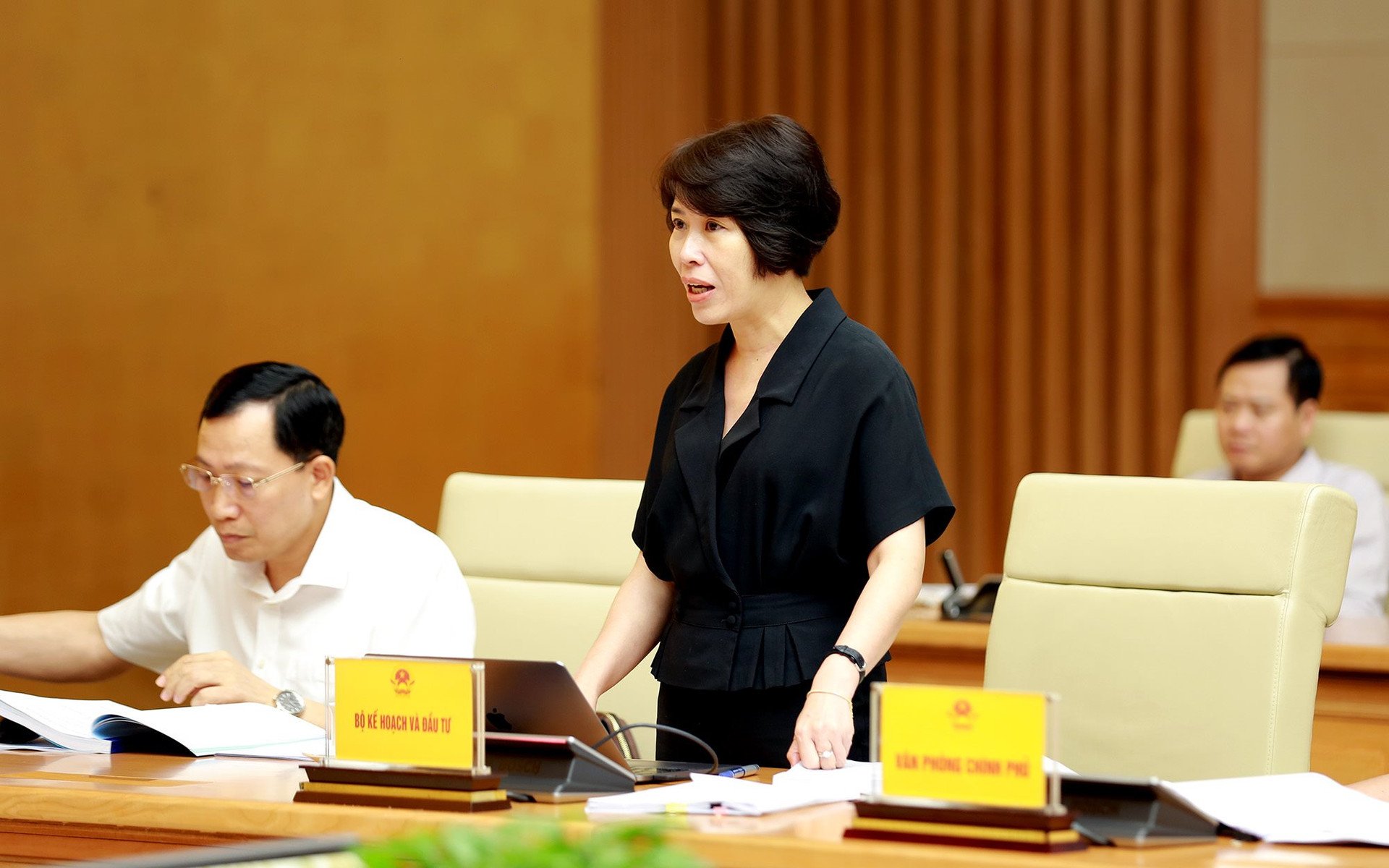
Regarding the workshop to collect opinions from regions, localities, experts and scientists, Deputy Minister of Planning and Investment Nguyen Thi Bich Ngoc suggested developing a detailed outline of major issues that need to be discussed with localities, experts and scientists. The summary of Resolution 24-NQ/TW needs to be coordinated with the resolutions and conclusions of the Central Committee and the Politburo on related fields.
Agreeing with this opinion, Deputy Minister of Science and Technology Nguyen Hoang Giang said that seminars with experts and scientists need to focus deeply on scientific and technological solutions to thoroughly overcome or minimize the impact of shortcomings, problems and limitations in the 10 years of implementing Resolution 24-NQ/TW, contributing to changing development thinking.
Correctly assess the position of the environment in the development process
Appreciating the proactive spirit of the Ministry of Natural Resources and Environment in developing a very detailed, thorough, scientific and quality outline, guidance and plan to summarize Resolution 24-NQ/TW, Deputy Prime Minister Tran Hong Ha requested the Ministry of Natural Resources and Environment to continue to closely coordinate with Hanoi, Ho Chi Minh City and Da Nang when organizing to collect opinions from localities and the Northern, Central and Southern regions in the process of summarizing Resolution 24-NQ/TW.
Organizing workshops and conferences to solicit opinions from localities, regions, international organizations, businesses, experts, scientists, etc. must have a detailed outline of the objectives, participants, and expected results. “Based on the content of each workshop or conference, ministries and branches can be assigned to preside over the conference according to their expertise and management areas such as science and technology, businesses, human resources, education, etc.,” the Deputy Prime Minister suggested.
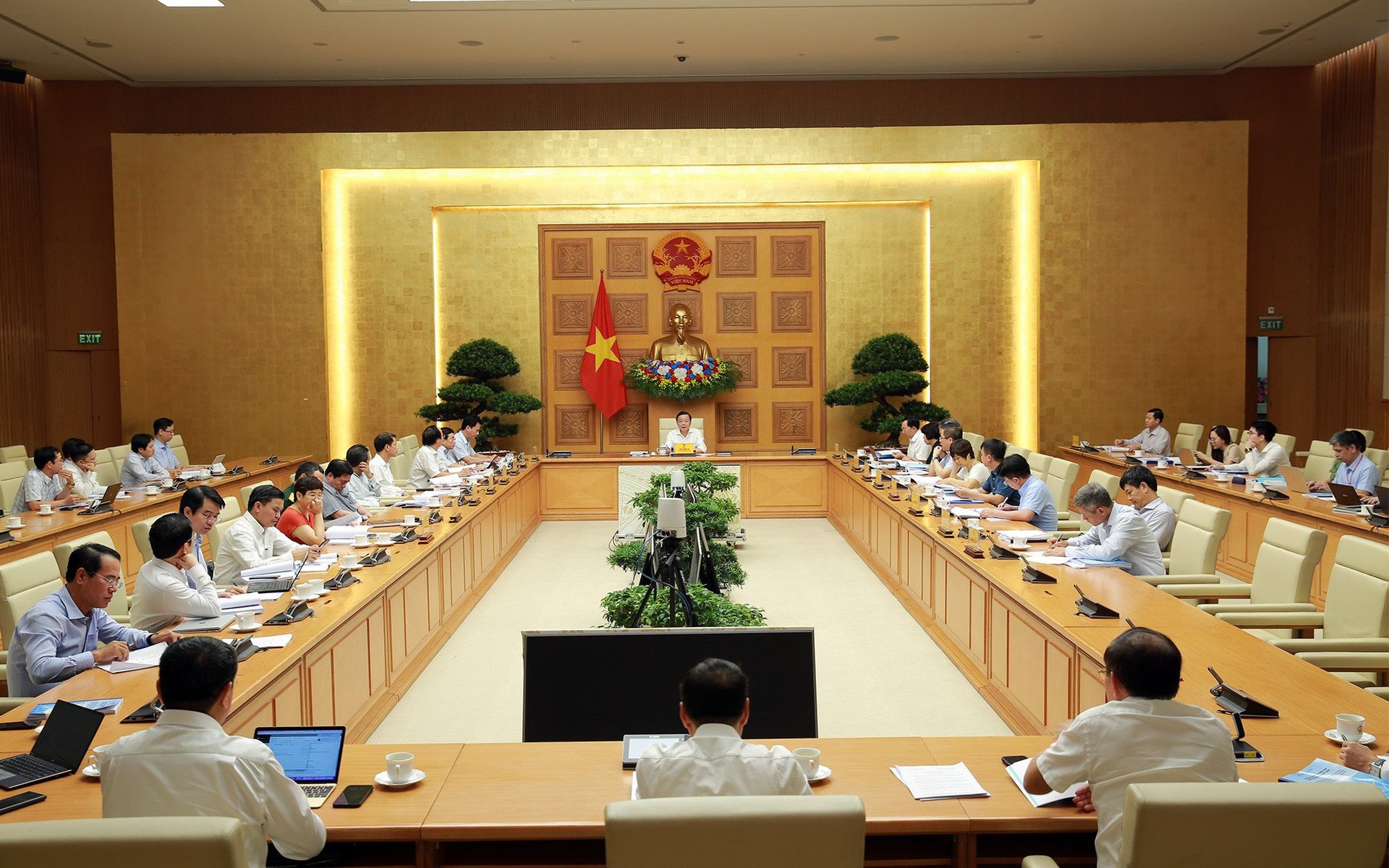
The Deputy Prime Minister requested the Steering Committee to closely follow the summary plan, in accordance with the set timelines, and promptly submit it to competent authorities for consideration and careful discussion. The summary method must be very scientific, listening to the grassroots, ministries, localities, enterprises, scientists, not stopping at the content of the Resolution, programs, and action plans, but needing to expand the assessment based on the new viewpoints and policies of the Party and State in the Resolution of the 13th Party Congress, Resolution 36-NQ/TW on the strategy for developing Vietnam's marine economy to 2030, with a vision to 2045, the Green Growth Strategy, the National Strategy on Climate Change, etc.
Documents and summary data must be updated with the latest content such as commitments to reduce net greenhouse gas emissions to zero, Power Plan VIII, renewable energy development, etc., and at the same time have long-term forecasts of domestic and global trends.
According to the Deputy Prime Minister, the purpose of the summary work is to evaluate and look back at 10 years of implementing Resolution 24-NQ/TW based on specific targets, objectives, solutions, action programs, and implementation results, especially the impact on the socio-economic development process, environment, climate change response, energy, transportation, etc.
“The summary report must fully and comprehensively state the results achieved by ministries, branches and localities based on comparison of indexes and rankings according to international rankings on the environment, renewable energy conversion, etc. At the same time, it must point out the shortcomings and limitations from the perspective of the Resolution, thinking, viewpoints, vision, implementation organization and awareness,” the Deputy Prime Minister said.
Deputy Prime Minister Tran Hong Ha emphasized that the world is facing a historic moment of transforming the resource-based development model to a knowledge-based economy and a low-carbon economy, along with two major trends: digital transformation and green transformation. Therefore, the process of summarizing Resolution 24-NQ/TW needs to propose a new system of viewpoints and new theoretical thinking, selecting a number of priority issues, goals and tasks to implement the Resolution of the 13th Party Congress on developing a green economy, a circular economy, and a low-carbon economy; making the environment a new economic sector in the process of implementing green transformation.
Source






![[Photo] General Secretary To Lam attends the 80th Anniversary of the Cultural Sector's Traditional Day](https://vstatic.vietnam.vn/vietnam/resource/IMAGE/2025/8/23/7a88e6b58502490aa153adf8f0eec2b2)


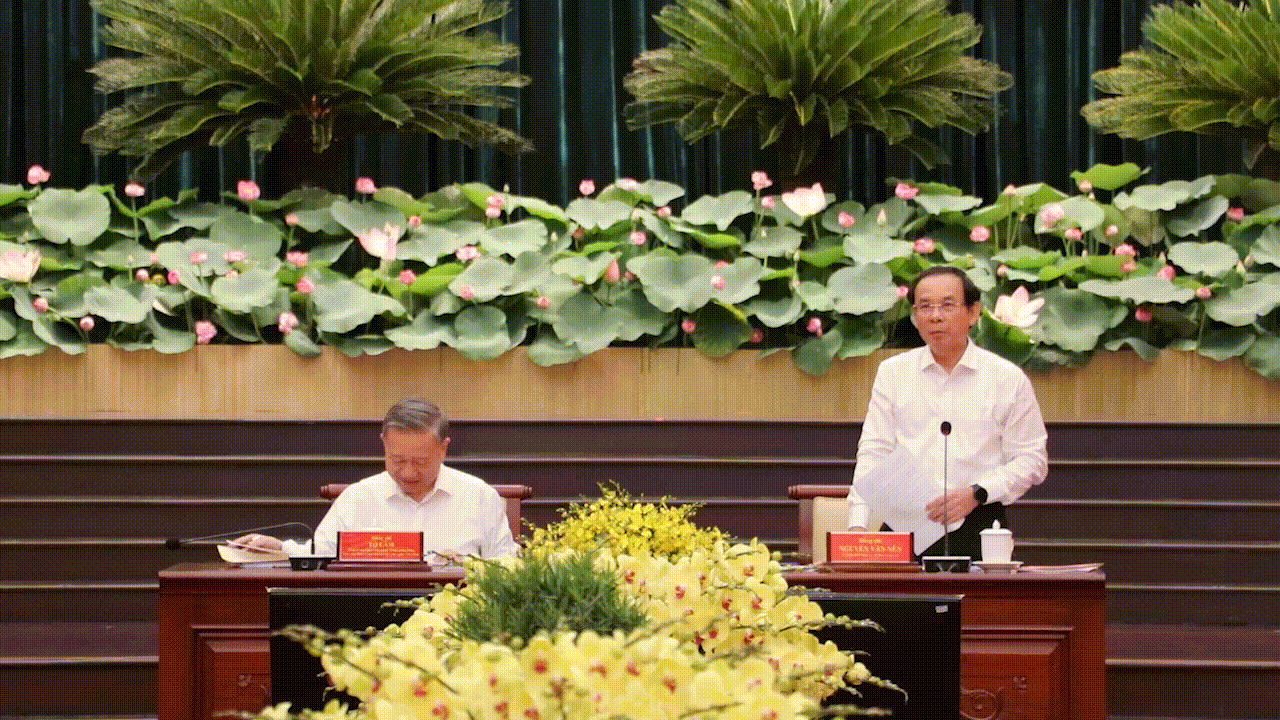

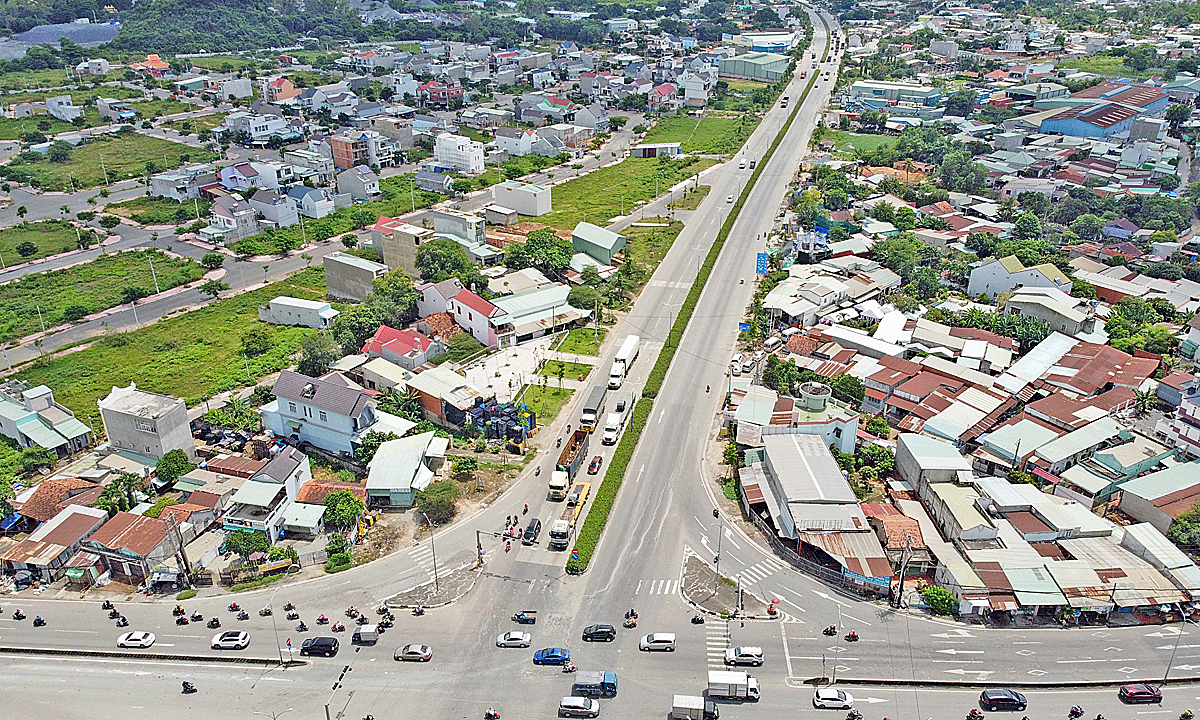

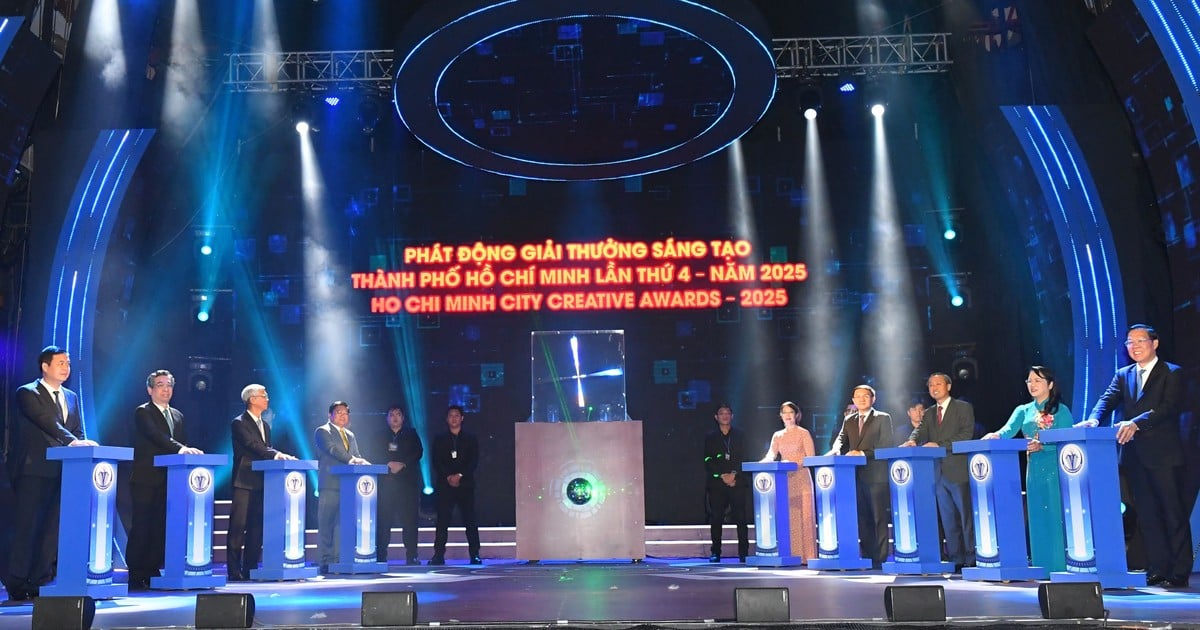
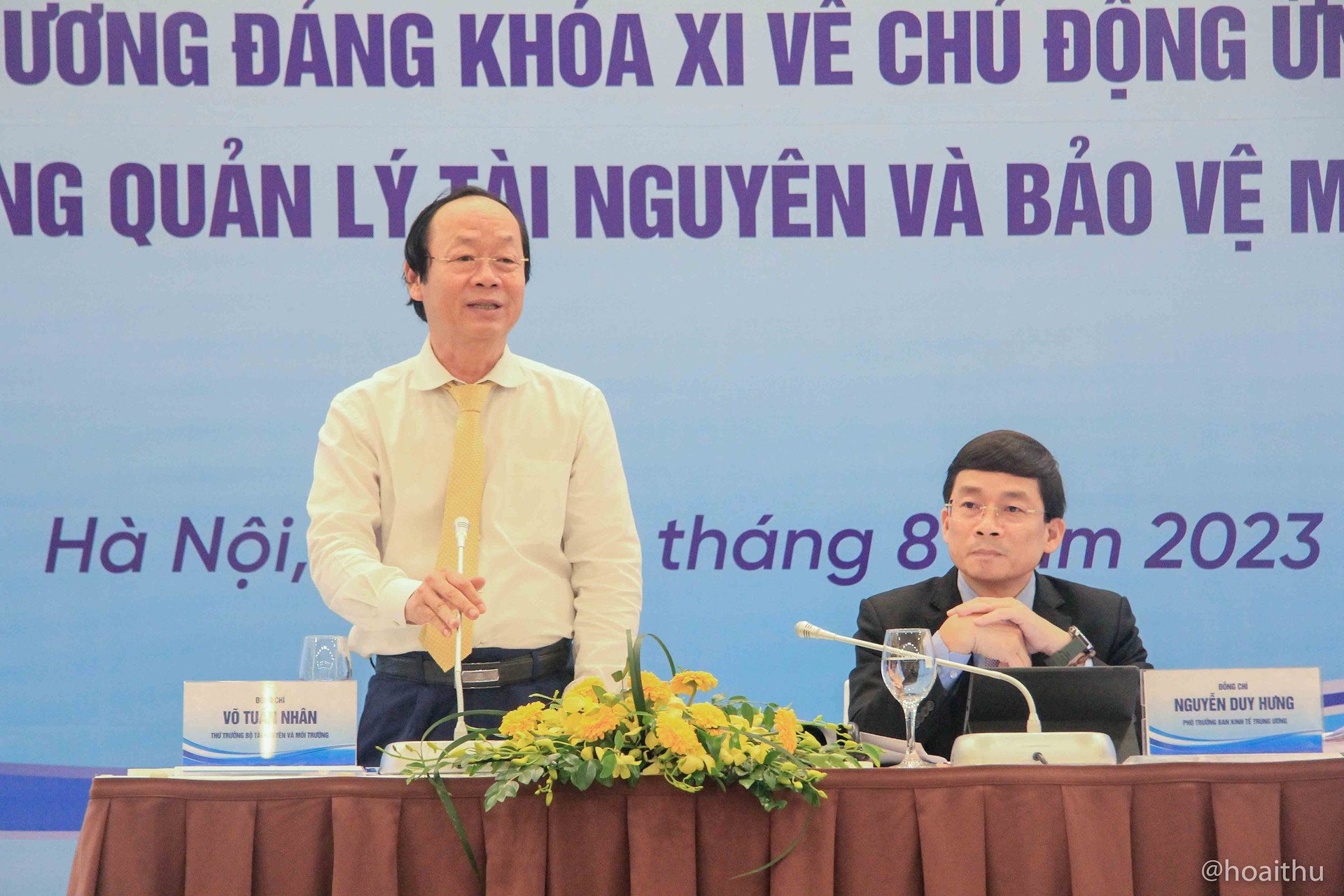
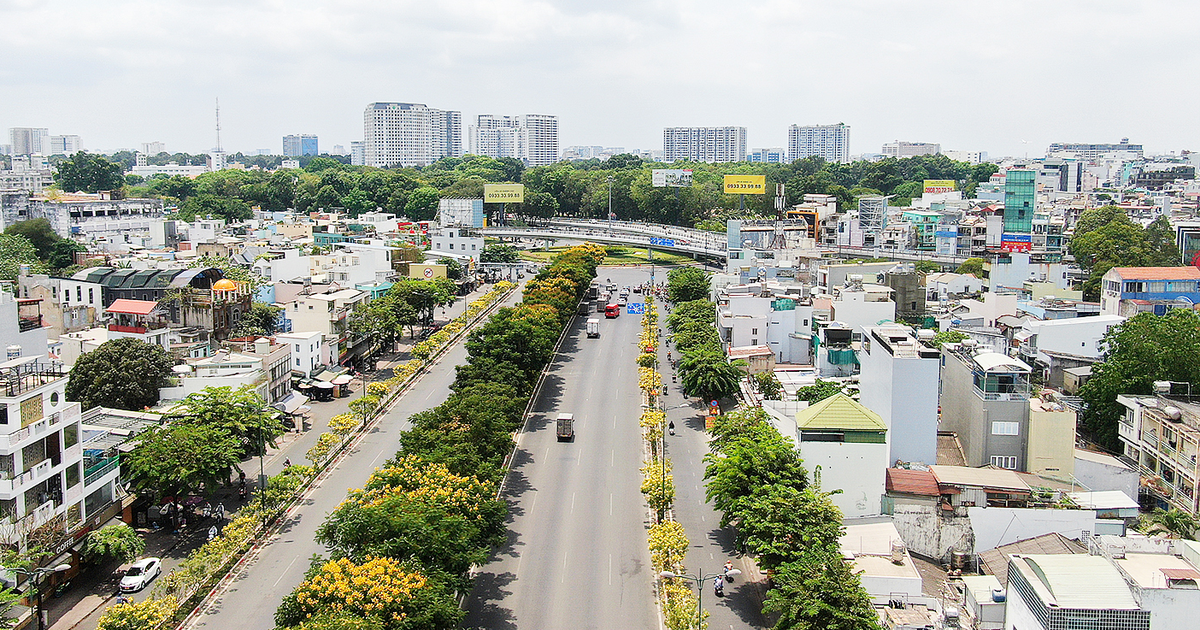




























































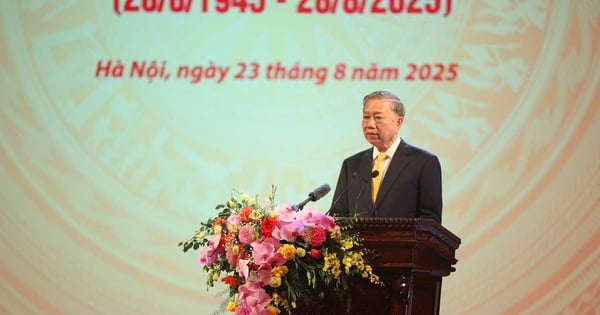
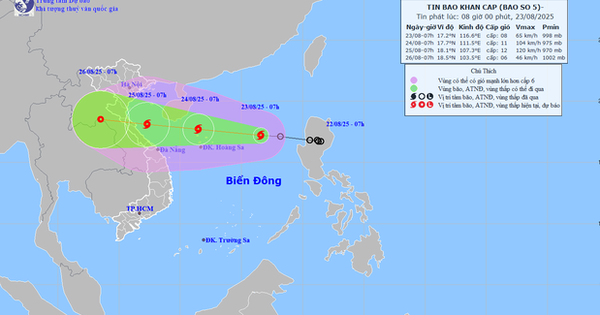
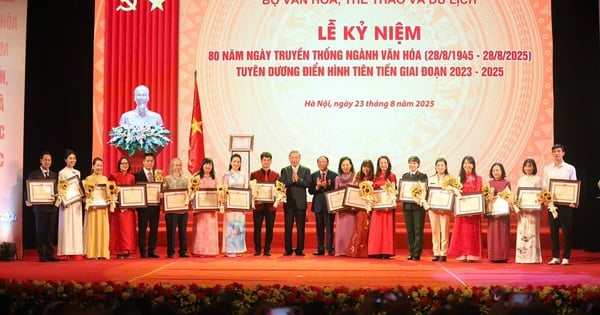
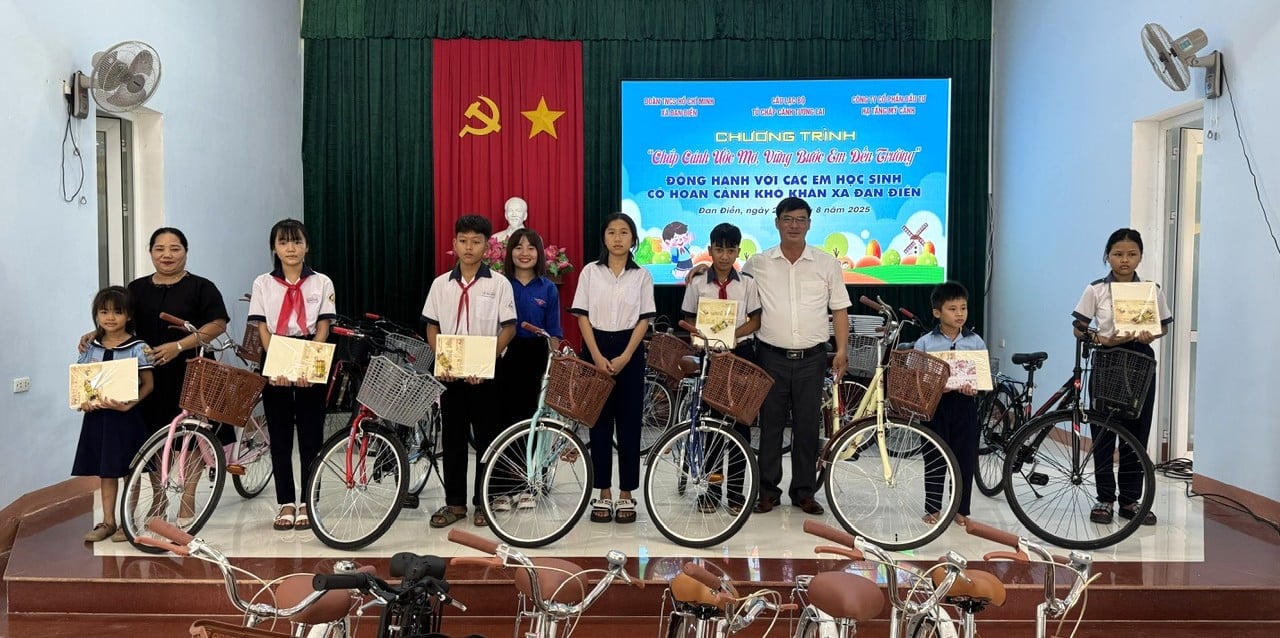

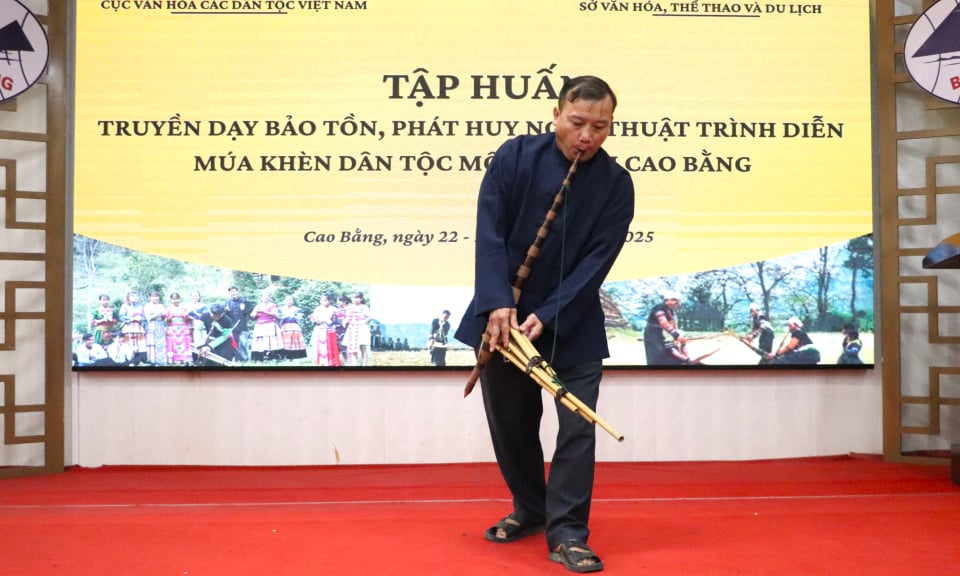

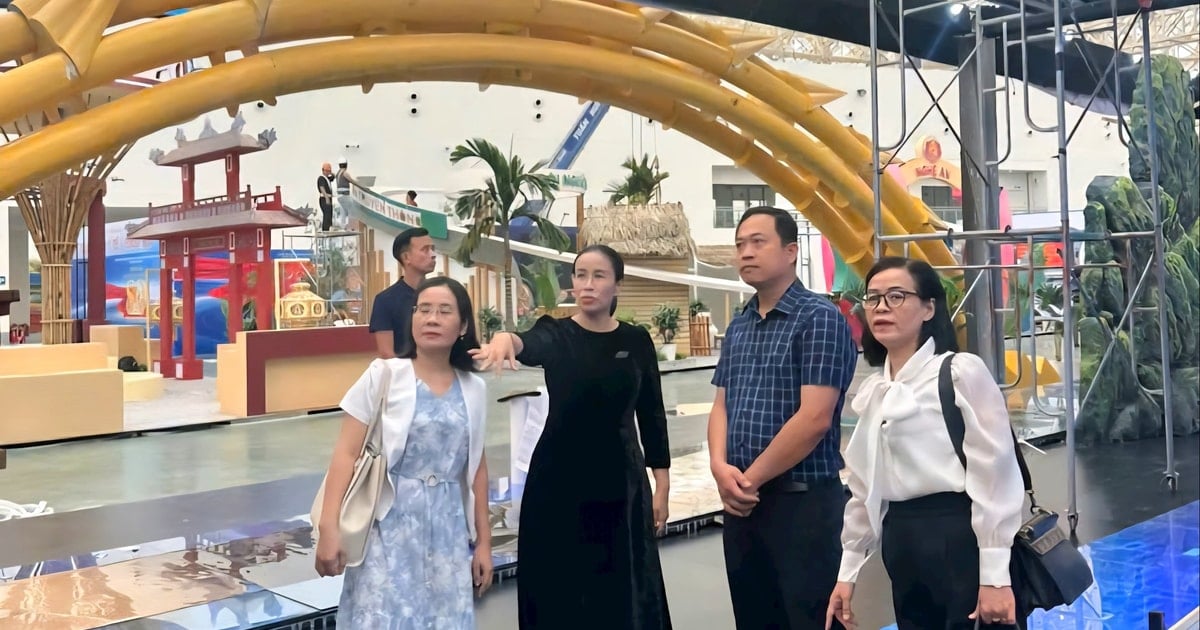


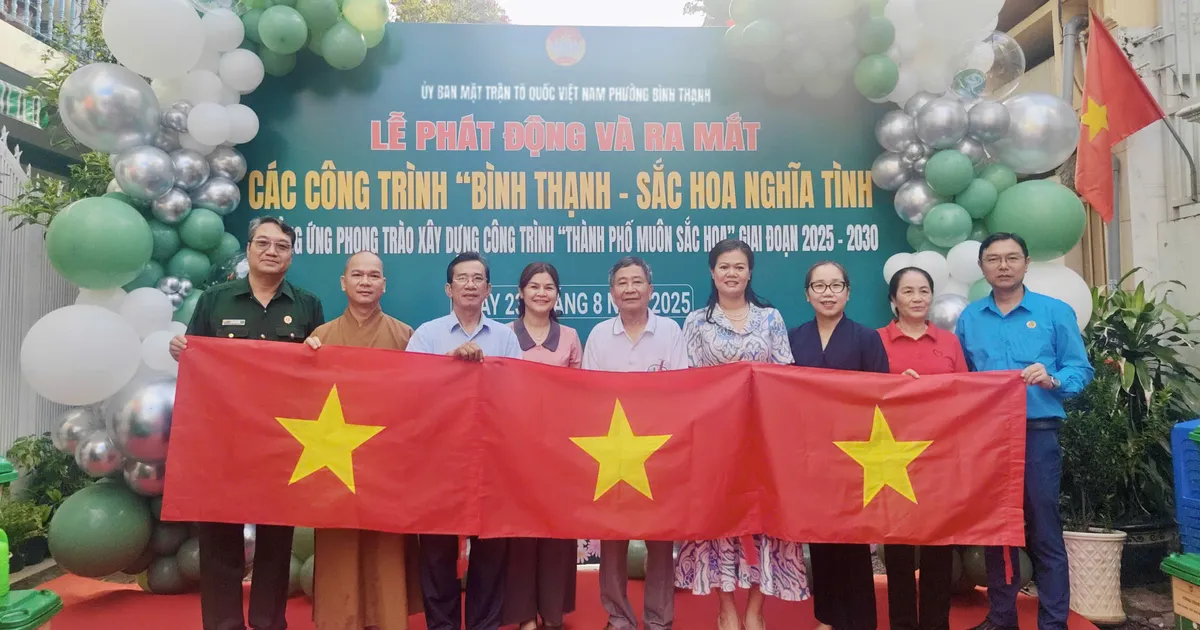
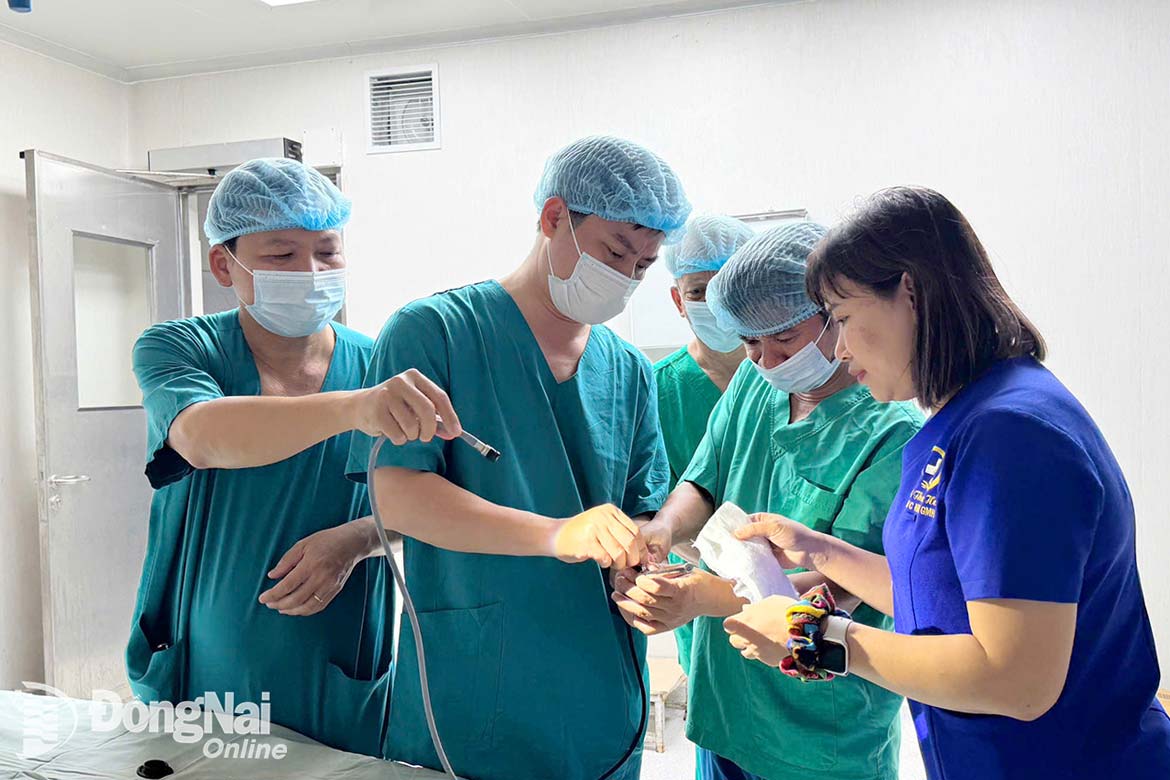















Comment (0)